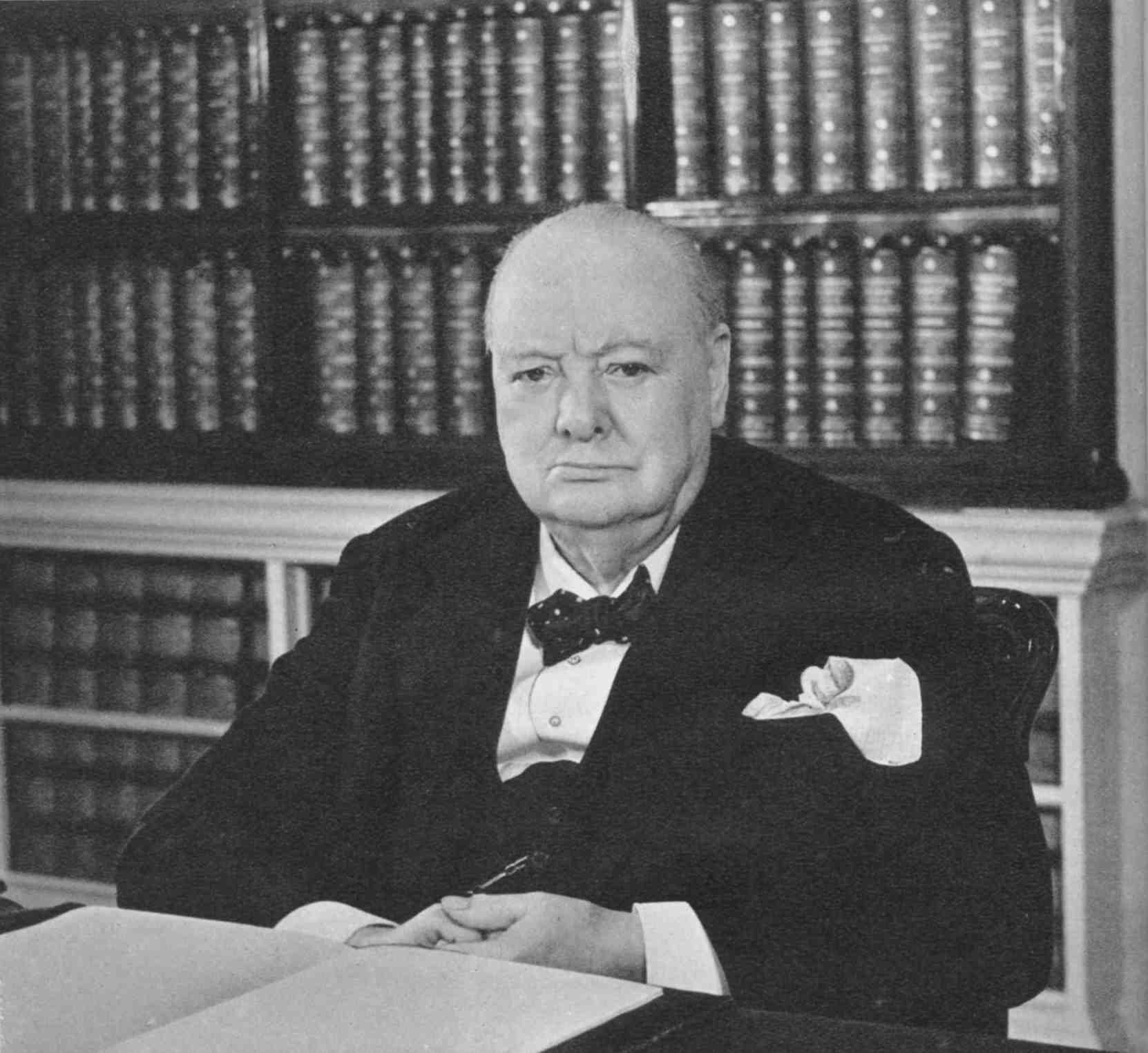
Churchill and Health Care (2): An Ongoing Discussion
Health Care continued….
In Part 1 I of the health care discussion I wrote: “Churchill considered socialism—a far milder form than we know today—incompatible with human liberty, and sought a way of ameliorating the complaints of the poor (or relatively poor) without confiscating the wealth of those who produce it.” A reader disagrees…
The socialism that Churchill railed against was a far stronger version, with very high taxes, and things like state controlled industry. He would have regarded the Democrats as “center-right” compared to the socialist parties of the 20th century, with their commitments to nationalised industry and very high tax rates.
The British state, like the American, is much larger today in relation to the private sector than it was when Churchill retired. At the high tide of Labour socialism, 1951, 20% of Britain’s economy had been nationalized. American government is spending ever-increasing shares of GDP, the national debt equal to or exceeding GDP. Taxes are higher now than they were when Churchill retired. Is there any phase of modern daily life where we are not reminded of the pervasive influences of government?
Socialism redefined
Neither Britain nor America practices pure socialism, in the sense of government owning all means of production, which is common to communist countries. Even there it’s not complete. China calls its system “market socialism,” whatever that is. Creeping capitalism, perhaps?k
The West’s problem is creeping socialism, which need not involve nationalized industries. It does not matter who holds the title to a property, like an insurance company; it matters who gets to direct it.
Churchill argued that socialism is like Nazism and communism in being materialist and dehumanizing, explains Larry Arnn:
In operation, modern socialism is more moderate, at first. But it builds a bureaucracy that becomes a weight in society; it becomes a new form of aristocracy, Churchill says explicitly, worse than the old form.
A question Churchill had to face in his time was: if you are for the social safety net, including health care, how do you prevent that from building a society of “drones” (his word), ultimately dominated by a bureaucratic elite? The safety net is good, necessary, and can be made to work. but socialism destroys its working because it sets out, in principle, to destroy and supersede it.
* * *
Churchill answered that question in many ways: the social safety net is simple justice; without it the “people will set their faces like flint against the money power.” A constitution should protect the people against this tendency. A constitutional arrangement begins with the principles of individual rights including property rights, self-responsibility, the sovereignty of the citizen, and the competence of the citizen to manage his own needs (except in extraordinary circumstances) and the governance of his country.
One may look at today’s bureaucratic government in light of these criteria. What is its principle? Does it in fact operate to waste resources and to overcome the independence and sovereignty of the people?
Churchill is not here to weigh these facts and make the judgments. We are. And we can learn from his criteria.
Statistics
I thank Kyle Murnen of Hillsdale College for the following information:
According to the UK Economic and Social Research Center the total managed expenditure (aggregate public spending derived from public accounts) was about 37% of GDP in 1955.
According to the 2012 Treasury Report, total managed expenditure in the UK was 45.5% of GDP in 2011-2012. Another source reports that pubic spending was 34.95% of GDP in 1955 and 42.7% of GDP in 2013. The numbers are a bit different, but both show an 8% growth of government spending in relation to GDP since Churchill retired.






